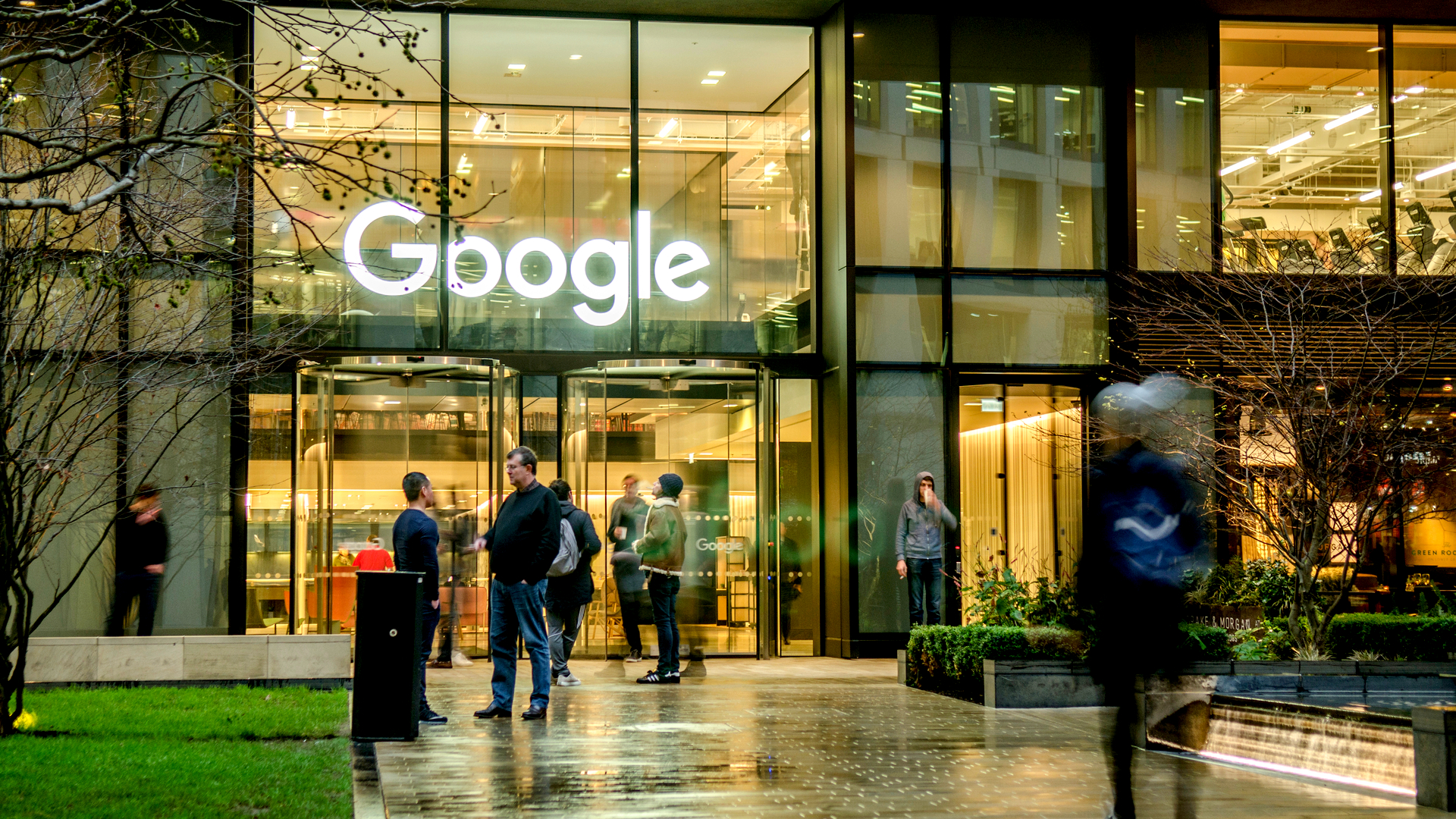Google employees win class action rights after long-fought fight
Google employees exercise their most effective method of getting execs to listen to their demands in the company's latest policy change


After a 20,000 person-strong and months-long protest from Google employees, they have finally won their right to file class-action lawsuits against the company.
The news follows similar protests which transpired last year whereby workers rallied en masse to protest the forced arbitration rule in their contracts, which resulted in Google ending the rule for individual sexual harassment cases.
Workers didn't stop there, the protests continued and on Thursday, Google said it would put an end to the forced arbitration rule altogether with a date set for 21 March.
The announcement affects all Google employees, current and future, but won't be made applicable to cases which happened in the company's past.
Currently, Google employees that have a serious complaint or right to bring action against the Alphabet-owned company would be forced to go through the arbitration route of settling cases outside of court.
Prior to the 2018 protests, this route was clearly insufficient in criminal cases of sexual harassment, for example, whereby the victims wouldn't receive due justice for the crime they had suffered.
Google declined to comment further than the core facts of the matter, but a spokesperson did offer some further context about the company's employment arrangement.
Sign up today and you will receive a free copy of our Future Focus 2025 report - the leading guidance on AI, cybersecurity and other IT challenges as per 700+ senior executives
"Since [last year's protests], a cross-functional team has been exploring this issue, the landscape, and consulting with various experts to gather information. We've been taking the time to understand the landscape and the options available," said the spokesperson.
"Rather than expand the various categories of disputes where arbitration is optional (this is an approach other companies have taken), we have decided to implement a blanket change, i.e. eliminating mandatory arbitration entirely, going forward for current and future employees."
The blanket change will affect all of Google's subsidiaries such as DeepMind and the X research lab, but not all the companies under the Alphabet umbrella.
Instead of changing tens of thousands of its current employee contracts and agreements, Google will post a policy that will confirm the change in the coming weeks. contracts and agreements for future employees will be changed to reflect the new policy.
Google workers seem to have found their voice on what's heard at company HQ, as the protests, online campaigns and walkouts have proved pivotal in securing the rights they demand and holding their employer to account.
A similar protest happened in April 2018 where 3,000 Google employees signed a petition to openly oppose Google's involvement with America's Department of Defence's (DoD) AI project which weaponised Google's AI to make battlefield drone strike more effective.
The open letter signed by the employees began "we believe that Google should not be in the business of war", before going on to explain why Dianne Green's explanation was insufficient.
The employees demanded a cessation of the project and were successful when, two months later, Google announced it would not renew the Project Maven contract, ending its involvement in weaponised AI.
Later on last year, employees protested again, this time against Project Dragonfly, Google's secret project to develop a search engine that abided by China's censorship laws.
It was controversial because Google boycotted China in 2010 because of the country's unreasonable censorship demands for search engines. Up until 2010, Google did comply with the country's censorship laws until one day they found activist's Google accounts hacked, with intellectual property stolen.
Google CEO Sundar Pichai said at the time, Google had to re-evaluate its position on the Chinese market: "It's a wonderful, innovative market. We wanted to learn what it would look like if we were in China, so that's what we built internally."
"Given how important the market is and how many users there are," he added, "we feel obliged to think hard about this problem and take a longer-term view."
Less than a month later, the project was put on indefinite hold as a result of internal rifts between executives and employees being left in the dark over the situation.

Connor Jones has been at the forefront of global cyber security news coverage for the past few years, breaking developments on major stories such as LockBit’s ransomware attack on Royal Mail International, and many others. He has also made sporadic appearances on the ITPro Podcast discussing topics from home desk setups all the way to hacking systems using prosthetic limbs. He has a master’s degree in Magazine Journalism from the University of Sheffield, and has previously written for the likes of Red Bull Esports and UNILAD tech during his career that started in 2015.

